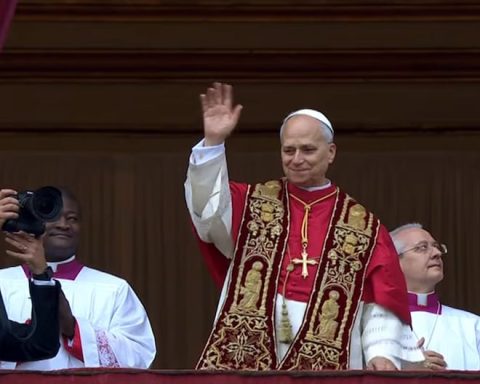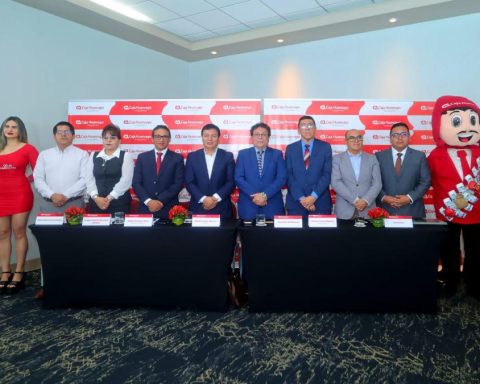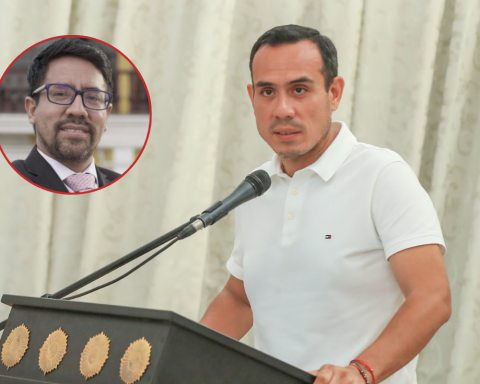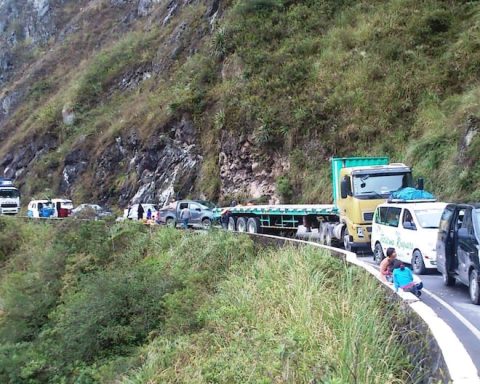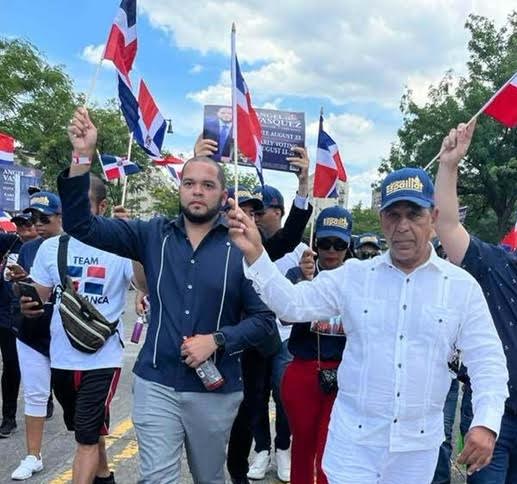The Peruvian Association of Port Operators (Asppor) rejected ordinance No. 005-2022-MPC, which regulates the movement of cargo and/or merchandise transport and the use of roads within the scope of the jurisdiction of the Provincial Municipality of Callao.
Favio León Lecca, president of the association, stated that “Of the set of measures, we are very concerned about the issue of the time restriction in the movement of vehicles, which would further overload the hours in which their movement is authorized, since transport will continue”.
He added that it also implies more traffic, since the entire heavy transport fleet would have to be dumped at the same time, “overflowing the capacity of the road infrastructure, which would take even more time to transport goods due to the increase in vehicular congestion at the same time and on the same authorized route.”.
The president of Asppor mentioned that the ordinance is creating greater security risks for carriers, since the high concentration of vehicles at the same time and on the same route generates a greater possibility that they will be victims of criminal acts.
“Resolving congestion in Callao is urgent but not generating chaos or an environment conducive to fining cargo operators and carriers”, he expressed.
More costs
Favio León also warned about the high cost overruns that end users and consumers in the domestic market will have to assume.
“This will be reflected in the increase in the price of the products, since they will have to absorb the extra costs generated by said measure, such as the increase in the time of use of customs warehouses; the increase in the prices of the services of logistics operators to maintain their business model and the application of undue sanctions for situations created by the regulatory framework itself”, he alerted.
He pointed out that there would also be a shortage of products due to the impossibility of maintaining a continuous transport of goods that would allow maintaining the supply of certain essential goods for the production of other products.
The measure is illegal
The president of Asppor commented that the ordinance restricts circulation in certain streets, establishes time slots for the transit of cargo vehicles, grants routes, establishes special permits valid for one year, prohibits parking on public roads, asks to have internal parking in the operational centers of logistics agents and imposes sanctions on drivers and companies dedicated to the transport of cargo and merchandise.
“The measure is highly restrictive for the foreign trade sector and if it is not corrected, it will generate serious consequences against the logistics chain and the internal market, just when the country is still going through a difficult economic situation.“, accurate.
In addition, he stated that for foreign trade operators, the traffic congestion situation in the Callao region represents a serious problem that must be addressed urgently, since its solution would allow us to be more efficient and provide better services at lower costs.
“However, unlike the proposal made by the Provincial Municipality of Callao, we believe that there are other measures that are efficient in resolving this situation, such as exclusive logistics corridors and ring roads, among others.”, he narrowed down.
He stressed that four months after the mayors of the country finish their administration, the problem of congestion is not going to be solved with slots, this has already been raised by the Municipality of Lima, but finally it did not prosper.


